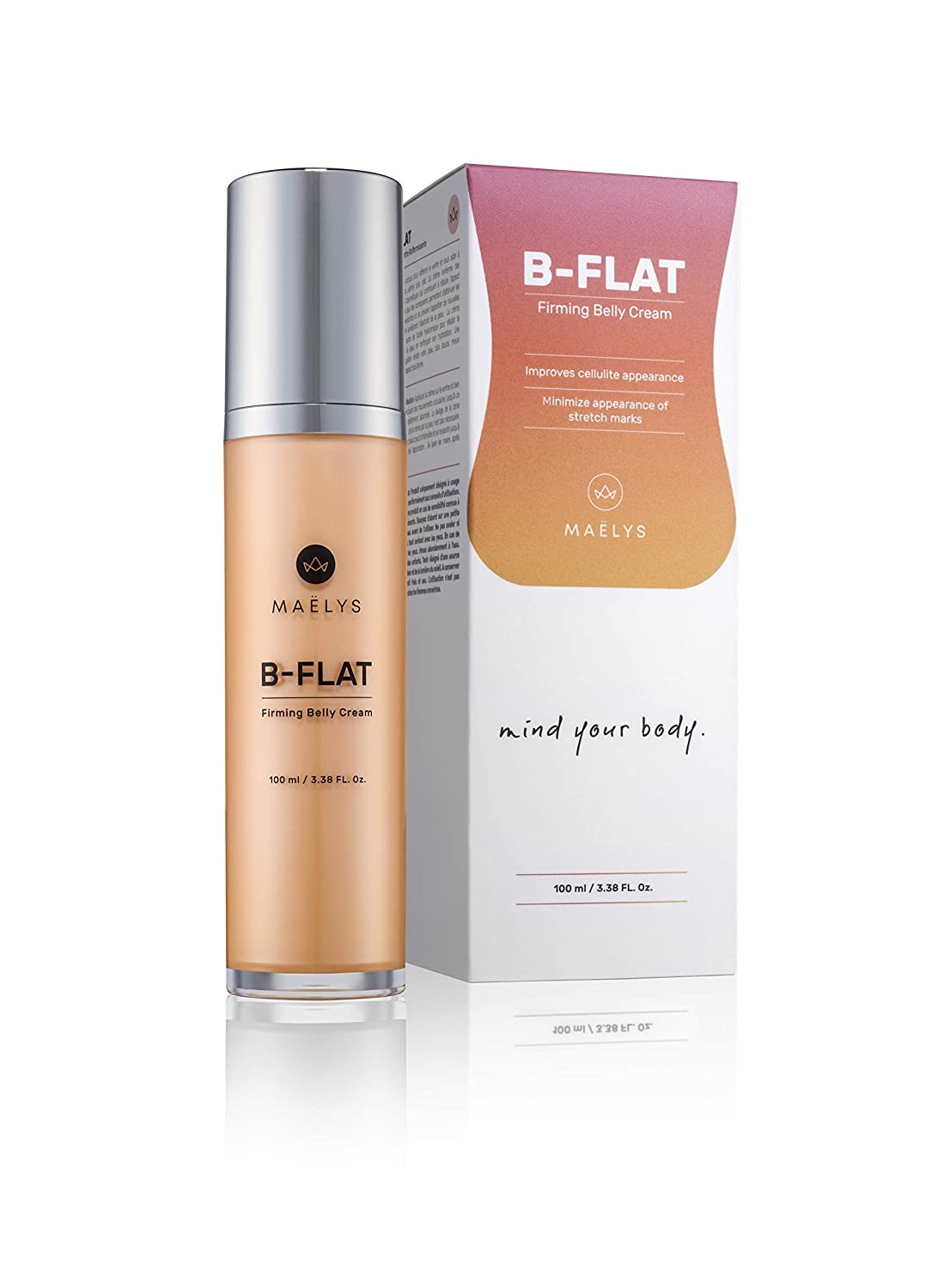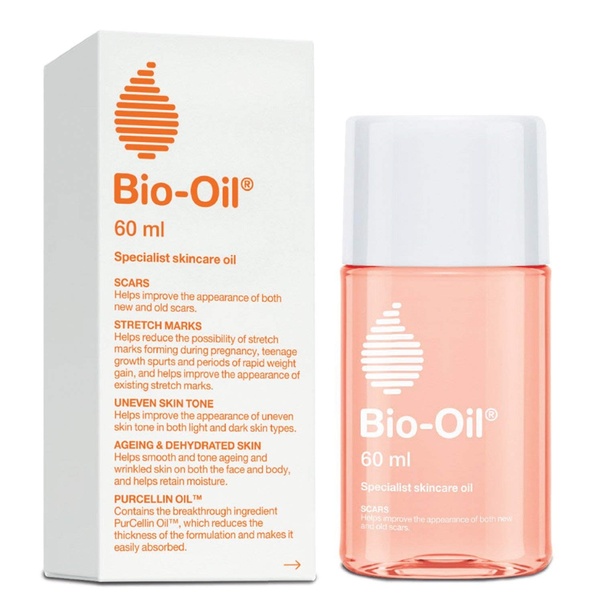Amazing Rosemary Oil Benefits For Skin That You Need to Know
What Is Rosemary Oil?
Rosemary oil is an extracted substance from an aromatic and evergreen herb called rosemary. The oil contains lots of beneficial compounds like alpha-pinene, camphor, and 1.8-cineole, which have been reported to have anti-inflammatory, antibacterial, and antifungal effects.
What Are the Uses of Rosemary Oil?
Though it is most known for its culinary applications, rosemary oil has a broad spectrum of uses beyond cookbooks and holiday dinners. Its purposes range from curing diseases and aches to boosting hair growth, making it a good idea to keep some on hand in your house. People use rosemary oil to:
- Reduce inflammation and pain. Rosemary oil is high in antioxidants and anti-inflammatory compounds that help to alleviate pain and swelling.
- Treat gastrointestinal problems. Indigestion, gas, stomach cramping, bloating, and constipation are all symptoms that can be relieved with rosemary oil.
- Manage respiratory issues. When inhaled, rosemary oil acts as an expectorant, easing throat congestion caused by allergies, colds, or flu.
- Promote hair growth. Its antioxidant and anti-inflammatory characteristics, which aid blood circulation, can be used for hair loss prevention, dandruff treatment, and itchy scalp relief.
- Treat skin problems. The antibacterial characteristics of rosemary oil make it worthwhile for skin conditions like acne, dermatitis, and eczema.
- Reduce anxiety and stress. According to studies, just inhaling the aroma of rosemary oil can lower the level of the stress hormone called cortisol in your blood.
RewindGuide’s Best Stretch Mark Creams
Is Rosemary Oil Good for Skin?
You can apply rosemary oil to your skin to act as a purifier and detoxifier. The oil contains antibacterial properties which deeply cleanse your skin and promotes healing, leaving your complexion looking and feeling better than ever. It also facilitates the expulsion of toxins from your skin, resulting in a radiant glow.
Rosemary Essential Oil Benefits for Skin
Rosemary essential oil has many cosmetic benefits:
- It reduces acne. Topical application of this essential oil has been shown to alleviate acne-related inflammation. It’s great at controlling sebum production, so your pores will be cleaner, and your skin less oily.
- It delays aging signs. Rosemary oil contains high amounts of iron, calcium, and vitamin B6, which can help to promote the immune system, collagen production, and the elimination of free radicals when absorbed through the skin. It also contains manganese, which is believed to aid in the reduction of wrinkles and the indications of aging.
- Applying rosemary essential oil on your skin helps promote circulation and lowers under-eye puffiness to give you radiant skin. Furthermore, It protects your skin from UV rays and free radical damage, as well as tightens it to counteract symptoms of aging.
- Regularly massaging rosemary oil on the affected skin helps to minimize flakiness and dryness. It does this by moisturizing the skin deeply.
- It can reduce the appearance of stretch marks and diminish the visibility of scars.
- It relieves dermatitis and eczema-related skin irritation. Rosemary essential oil helps to reduce the swelling of inflamed skin and itchiness while also sealing in moisture to keep your skin nourished.
- Rosemary oil nourishes the scalp. It penetrates your hair follicles and gives your hair a lustrous shine. It moisturizes dry scalp and helps to get rid of loose dandruff flakes.
- It improves your blood circulation when you use it as a massage oil. Many people use rosemary extract during massage therapy to relax, soothe their muscles, and ease stress and anxiety. It also helps to reduce feelings of pain and discomfort.
How To Use Rosemary Oil for Skin
Here are some simple rosemary essential oil DIY recipes you can try at home:
To eliminate acne, you need some rosemary essential oil, fresh aloe vera gel, and Tumeric. First, make a paste out of them by thoroughly mixing them. Then, apply the paste to the affected areas of your skin and leave it on for 30 minutes. After that, wash your face with cool water.
To reduce the appearance of dark spots and stretch marks, mix a few drops of rosemary oil with coconut oil and massage the substance to areas of your body showing blemishes. To achieve complete absorption, continue gently massaging the oil into the skin for another 30 minutes.
To use as a massage oil, you can mix a few drops of rosemary oil with coconut carrier oil and apply it to your body. This mixture can also serve as a moisturizer. It will penetrate your pores, prevent dryness and give you that soft skin you desire.
To use for hair treatment, you can add a few drops of rosemary oil to your bottle of shampoo and wash your hair with it at least two times a week.
To tighten your skin and get rid of age signs, first, mix a few drops of rosemary oil with two tablespoons of honey, a tablespoon of gram flour, and some oats in a bowl to form a thick paste. Then, apply the paste to your face and leave it in for at least 20 minutes. Finally, wash your face afterward with cold water.
To treat dermatitis, eczema, and other skin problems, you can mix 12 drops of rosemary essential oil with any carrier oil, apply it to your skin, or search drug stores and supermarkets for creams containing rosemary extract.
You can also check out Maelys Cosmetics B-flat Belly Firming Cream review for a product that will help you get rid of stretch marks.
Rosemary Essential Oil Do’s and Don’ts
Since essential oil products sometimes have different concentrations of the main ingredient, it is usually helpful to observe safety procedures and read the bottle labels carefully before using them. Here are some general guidelines to assist you when using rosemary essential oil:
Do’s
- You can inhale rosemary essential oil or apply a diluted version on your skin to promote feelings of relaxation and calmness.
- Look for a reputable manufacturer who produces pure oils with no additives.
- Consider doing a patch test before making use of any rosemary oil product. Carrying out a patch test means you should apply a small quantity of the product to a small patch of your skin and wait a few hours to see if there’ll be any adverse reaction. If there’s no side effect, you can proceed to apply it to other areas of your body.
- Dispose of oils older than three years. Due to air exposure, older oils are more likely to deteriorate. They may not perform as well and may irritate or produce an allergic reaction on your skin. If you notice a significant change in the appearance, texture, or smell of oil, it has probably gone bad.
Don’ts
- Never apply rosemary oil or any essential oil directly to your skin, as this can irritate you. Always dilute it with a carrier oil before applying.
- Rosemary essential oil should not be used by pregnant women or people with epilepsy or high blood pressure.
- Although the oil is safe to apply on your arms, legs and face, it is not advisable to put it in your eyes, nose, mouth or private parts, as this could lead to burns.
- Try not to overdo it. If you use it too much or too often, even if it’s diluted, rosemary essential oil may trigger an adverse reaction on your skin. Irritation can happen even if you aren’t allergic to them or have a high sensitivity to them






